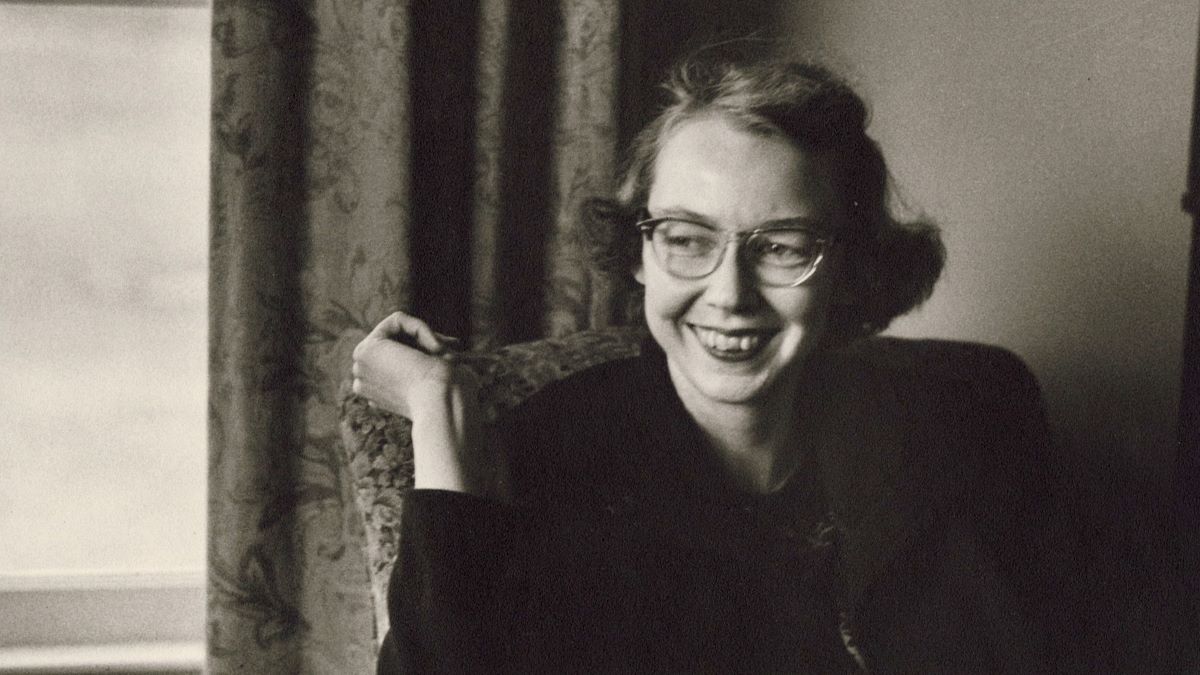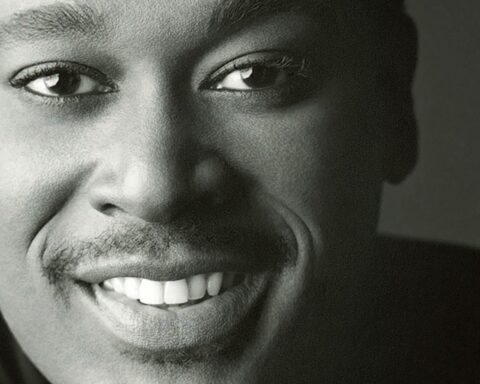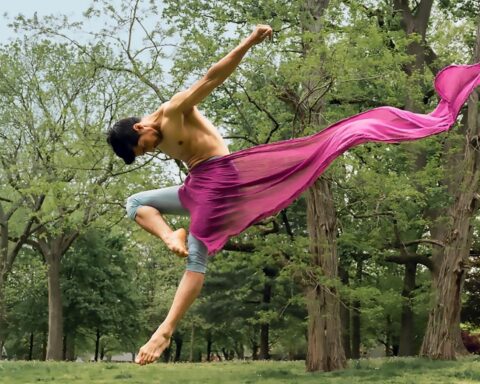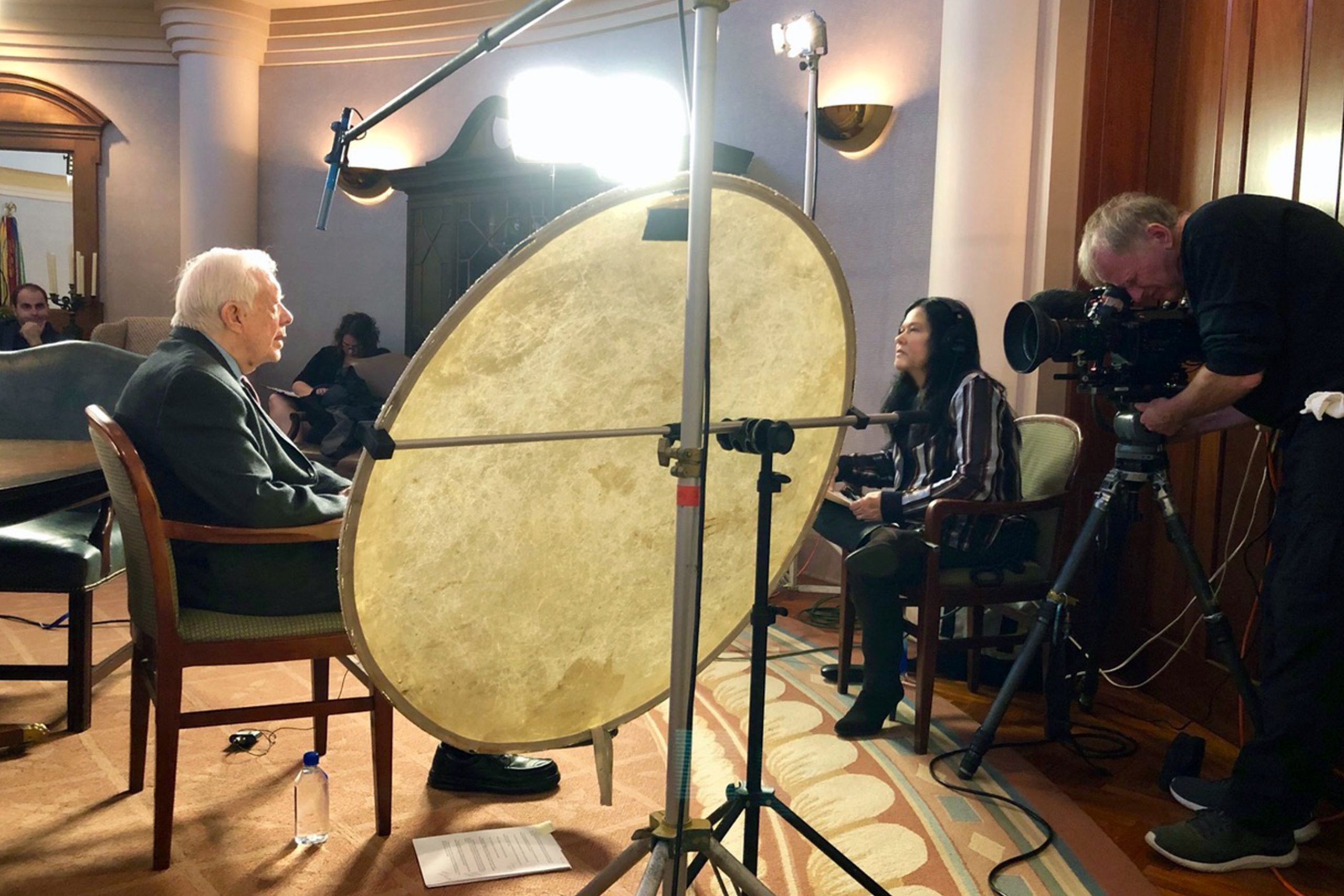lannery
Dir. Elizabeth Coffman & Mark Bosco
Featuring: Mary Steenburgen (narrator), Hilton Als, Sally Fitzgerald, Michael Fitzgerald, Robert Giroux, Mary Gordon, Alice McDermott, Alice Walker, Mary Karr, Tommy Lee Jones, Tobias Woolf
Not too many people know who Flannery O’Connor is anymore but those who do embrace her as one of the finest American writers of the 20th century. O’Connor’s reputation stands on an impressive but severely limited body of work. Over the course of her short life—O’Connor died at the age of 39—she produced 32 stories and two novels, all in what was called the Southern Gothic style. That all of it is first rate is universally acknowledged by critics, with some stories and at least one novel being considered as masterpieces. But O’Connor’s life was hardly adventurous and her grandest accomplishments were achieved by diligently writing and rewriting her texts, honing them into precise and often brutal depictions of genuinely upsetting forms of behaviour. When you read O’Connor and consider the hermetic life she led, it’s surprising that anyone would want to turn her into the subject of a biopic.
O’Connor’s life story is hard to dramatize. She grew up in Georgia as an outsider, a Catholic in a Protestant state, with a somewhat estranged father and mother, who adored her but only saw each other on the weekends. The teenaged Flannery was devastated when her father died of lupus but she persevered, becoming an ace student at Georgia State College for Women before moving on to the soon-to-be legendary literary environment at the University of Iowa’s Writing Workshop. There she met the great Robert Penn Warren (All the King’s Men) and the poet John Crowe Ramsom among others, and her writing was seriously considered for the first time. She went on to the equally famous Yaddo writing community, where she became close with the handsome and brilliant poet Robert Lowell and his wife Elizabeth Hardwicke. When they all left Yaddo, Lowell introduced O’Connor to the literary couple the Fitzgeralds, who took her on as their surrogate daughter as she worked on her first novel Wise Blood.
Then everything except her writing fell apart. Flannery O’Connor was diagnosed with lupus, which robbed her of mobility—she had to use crutches—and eventually her life. O’Connor returned to the family hometown of Milledgeville, Georgia, where she lived with her mother, while raising birds on a small family farm, including (and I love this) peacocks. Her first novel, Wise Blood, took years to write and was about a preacher who starts off questioning his faith but ends up dying for it. John Huston made an exceptional movie out of it from a screenplay by the Fitzgerald’s son Michael; like the novel, it was a commercial flop but eventually was recognized as a work of art. The documentary benefits from excerpts of the film, which help to illuminate O’Connor’s harsh but poetic style.
The doc follows Flannery O’Connor’s career, which finally came on track with the publication of her first collection of short stories A Good Man is Hard to Find. Despite her success, she remained lonely, writing to female and male friends, but never finding a partner. Flannery is a brave endeavour, a film about someone great whose creative process is basically interior and whose life was unfairly truncated. It’s terrific that this film was made and one can only hope that it will drive people to read O’Connor’s books. Dark and sardonic, they are more impactful than ever.
Flannery screens virtually via Hot Docs Ted Rogers Cinema beginning August 21.














